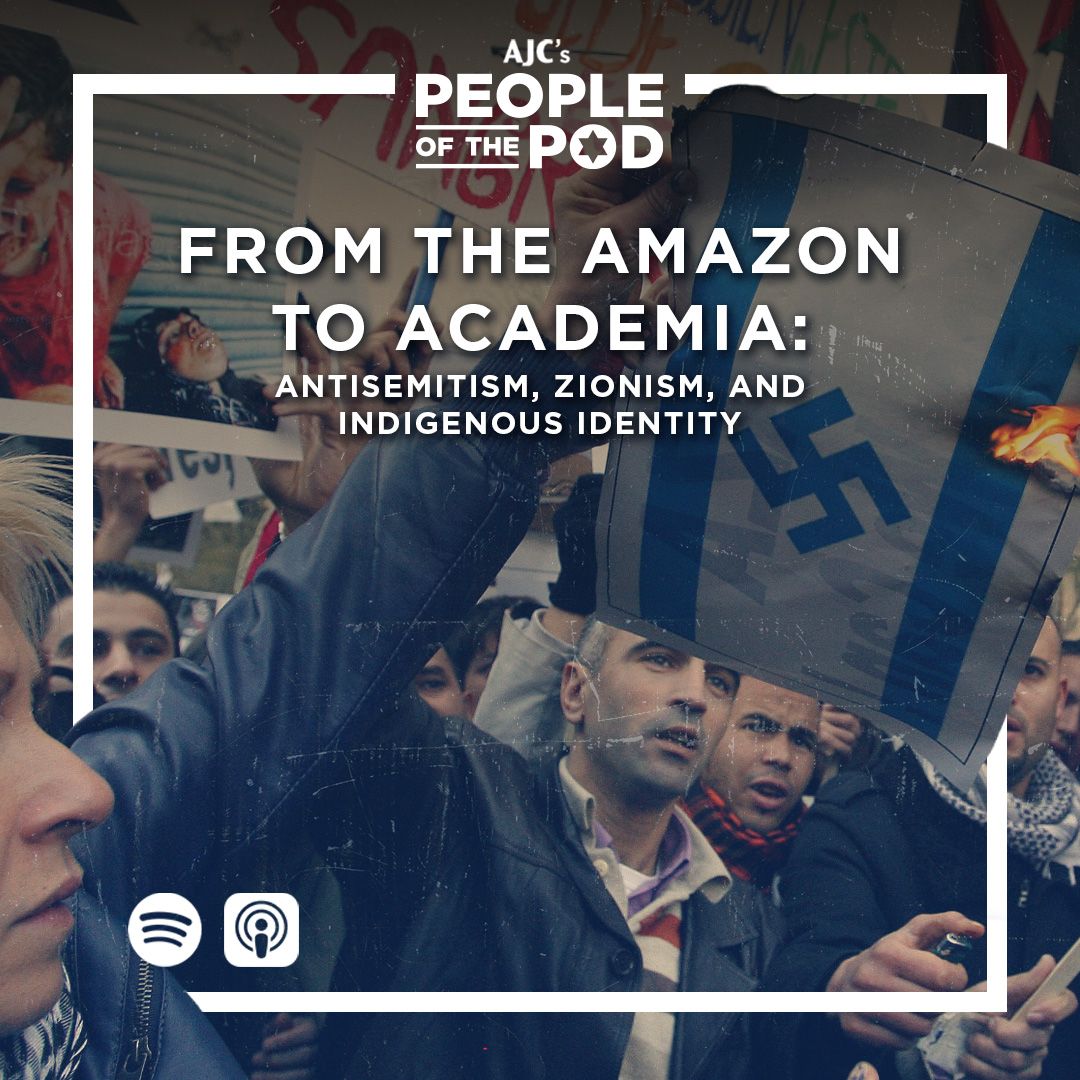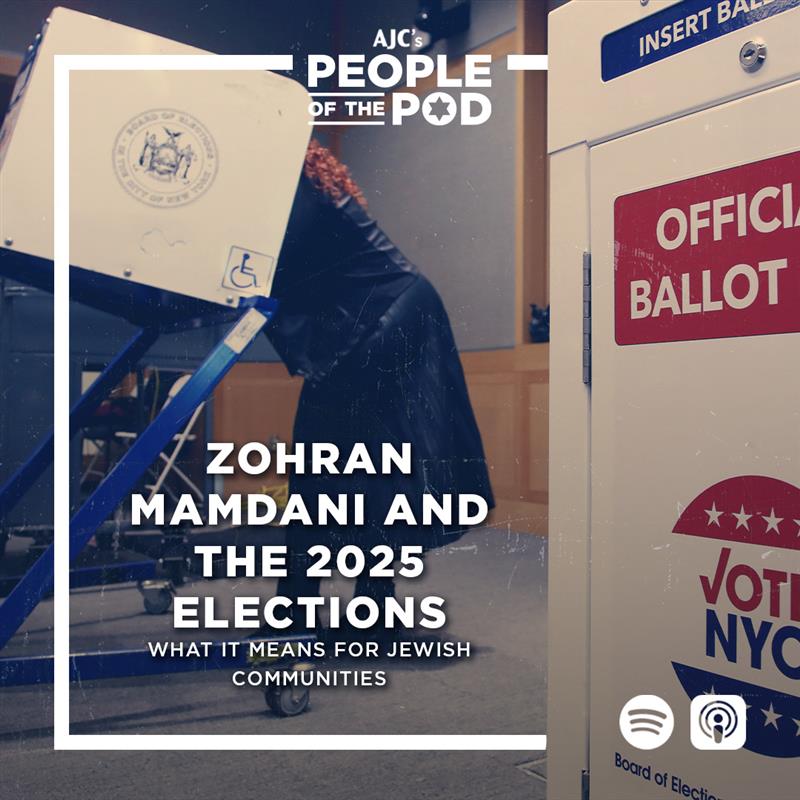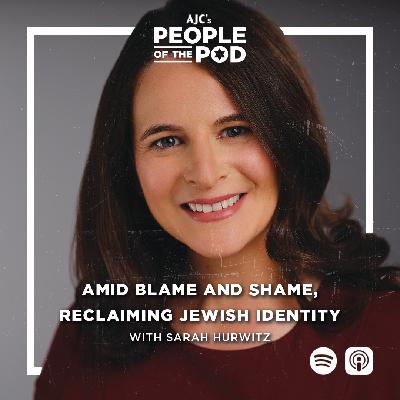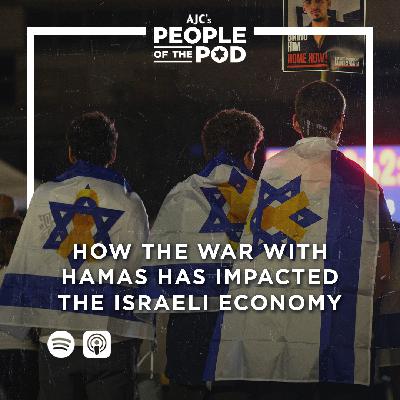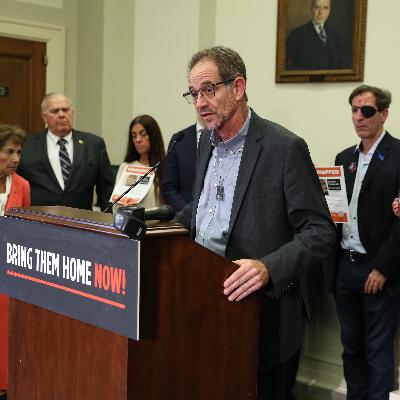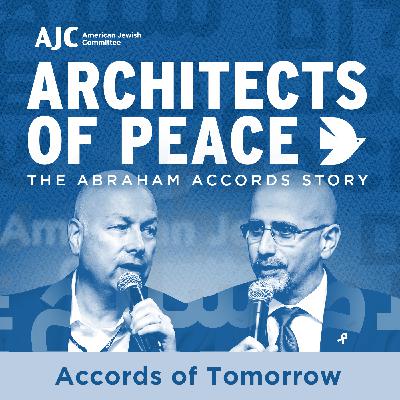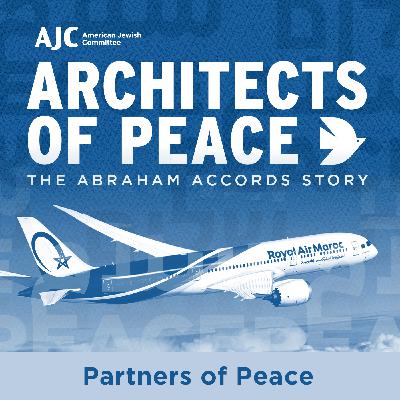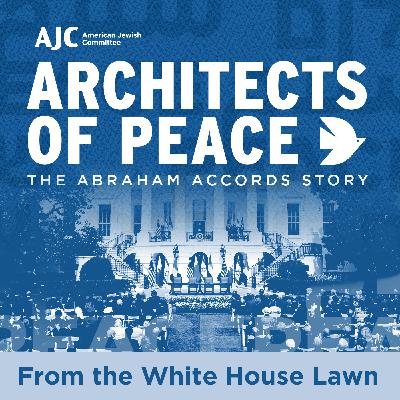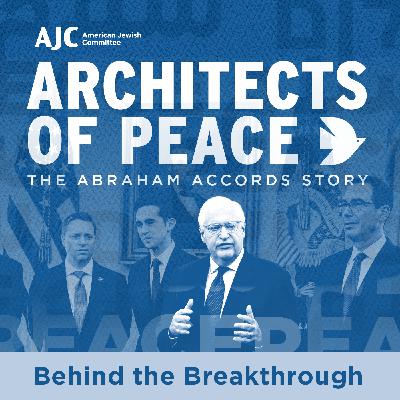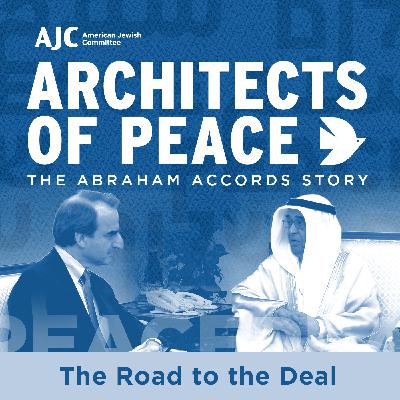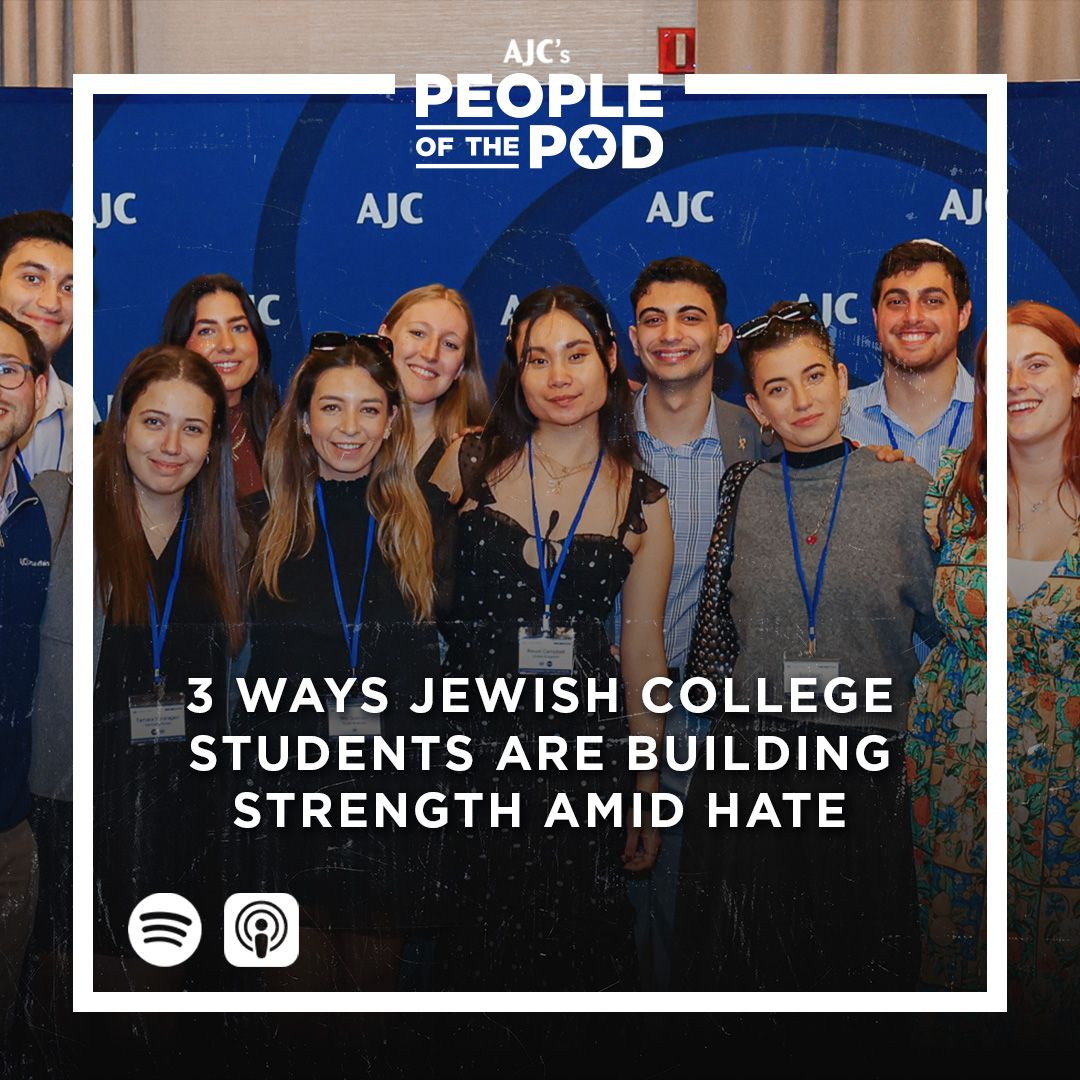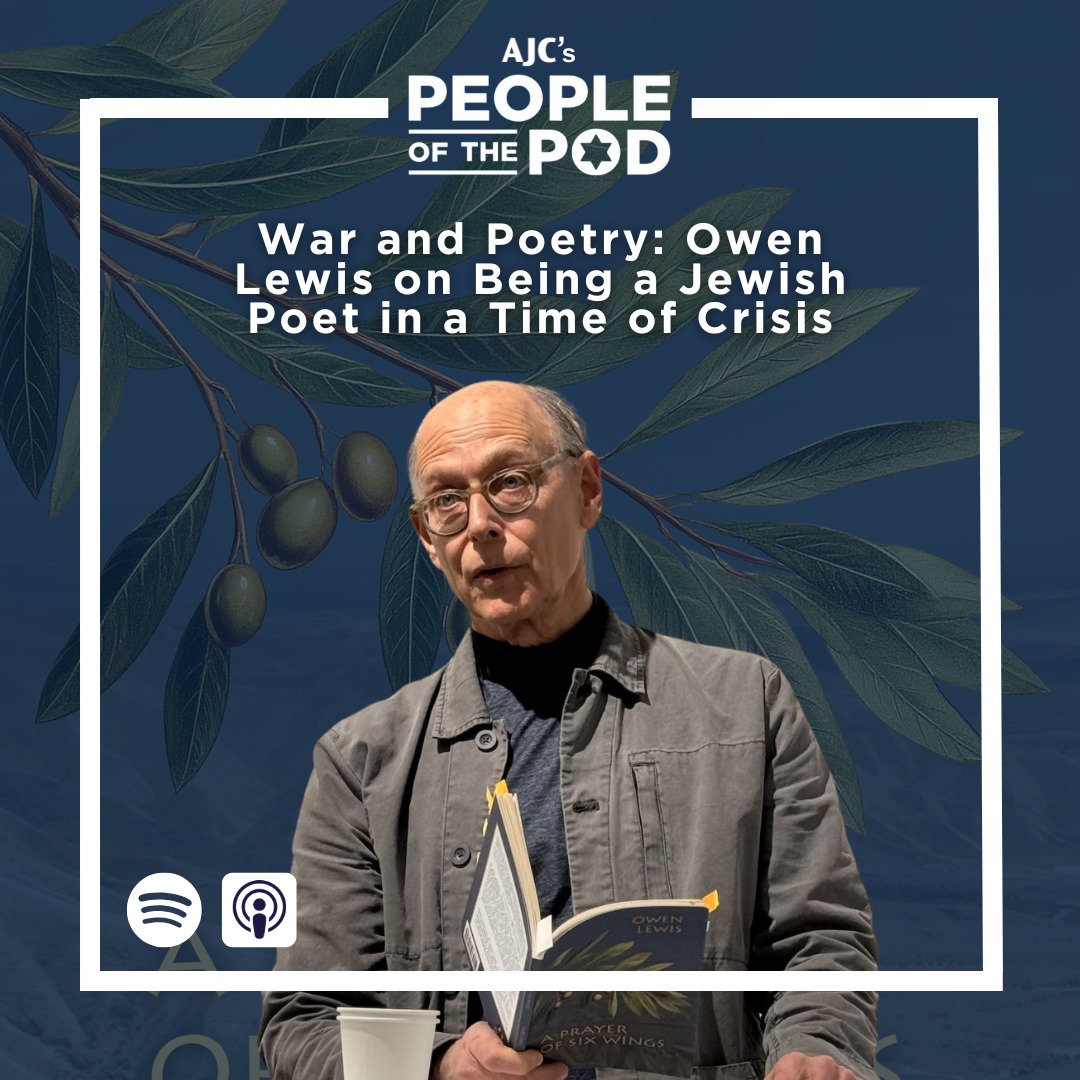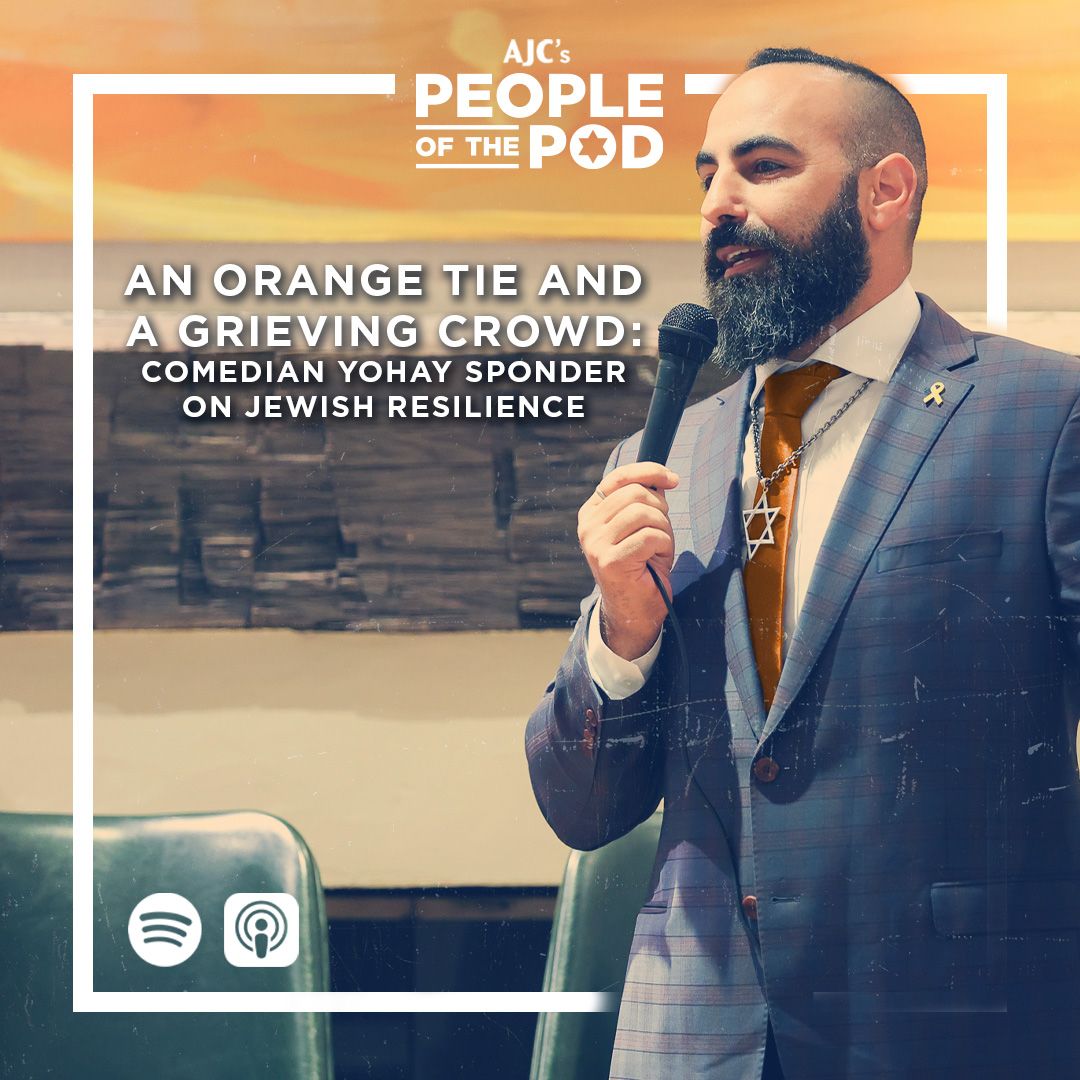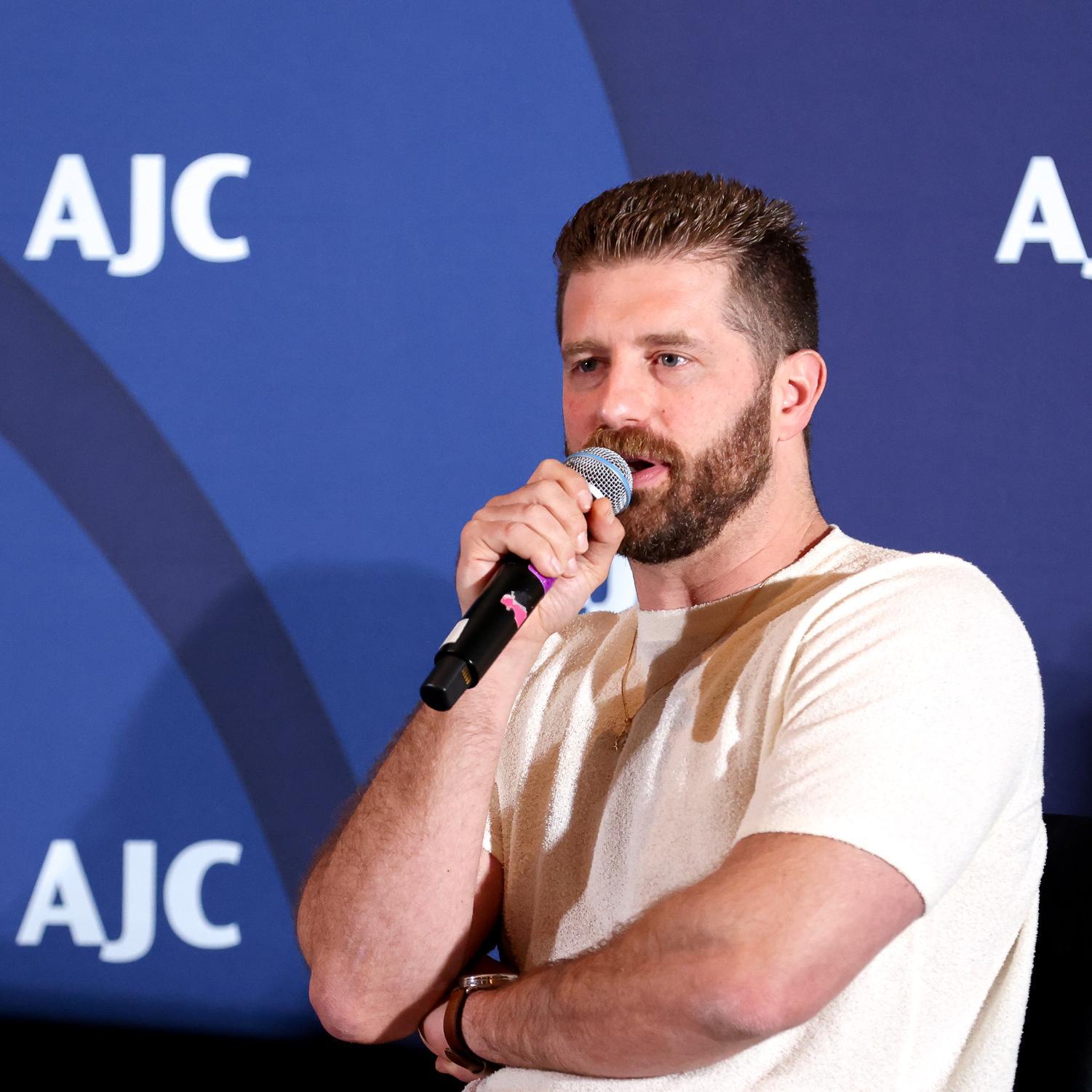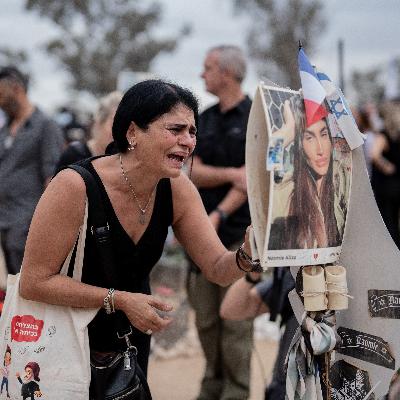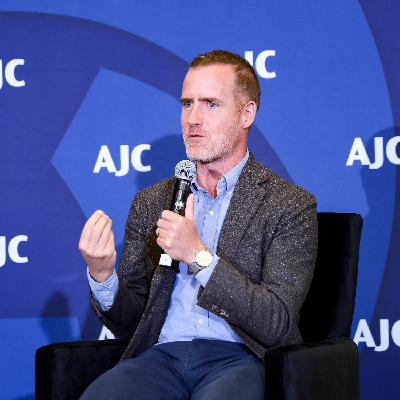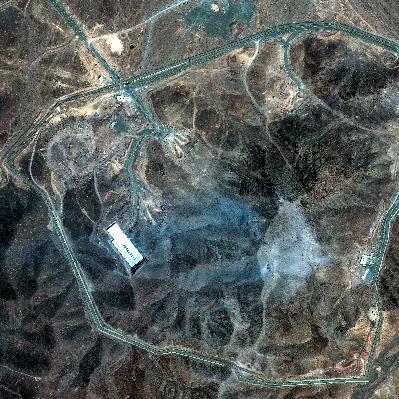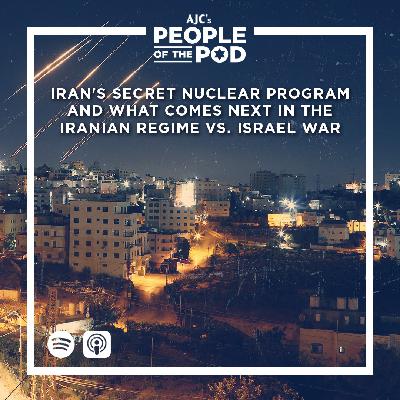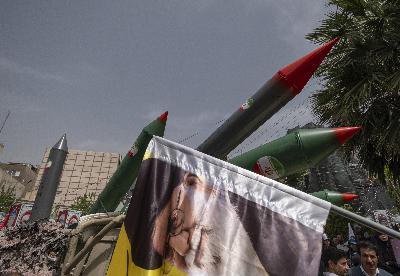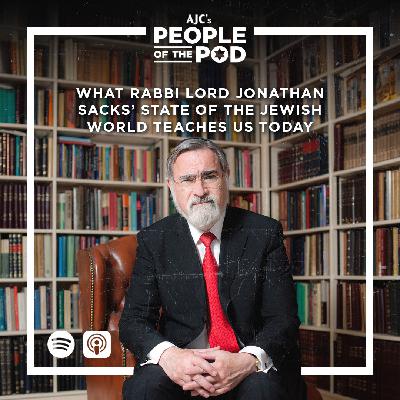From the Amazon to Academia: Antisemitism, Zionism, and Indigenous Identity
Description
As the school year kicks off, Adam Louis-Klein shares his unexpected journey from researching the Desano tribe in the Amazon to confronting rising antisemitism in academic circles after October 7. He discusses his academic work, which explores the parallels between indigenous identity and Jewish peoplehood, and unpacks the politics of historical narrative.
*The views and opinions expressed by guests do not necessarily reflect the views or position of AJC.
Listen – AJC Podcasts:
Follow People of the Pod on your favorite podcast app, and learn more at AJC.org/PeopleofthePod
You can reach us at: peopleofthepod@ajc.org
If you've appreciated this episode, please be sure to tell your friends, and rate and review us on Apple Podcasts or Spotify.
Transcript of the Interview:
Manya Brachear Pashman:
Adam Louis-Klein is a PhD candidate in anthropology at McGill University, where he researches antisemitism, Zionism, Jewish peoplehood, and broader questions of indigeneity and historical narrative. His work bridges academic scholarship and public commentary, drawing on field work with indigenous communities in the Amazon and studies in philosophy at Yale, The New School and the University of Chicago.
He writes on translation and the politics of peoplehood across traditions, and is committed to developing a Jewish intellectual voice grounded in historical depth and moral clarity. He blogs for The Times of Israel, and he's with us today to talk about his experience emerging from the Amazon, where he was doing research after October 7, 2023, and discovering what had happened in Israel.
Adam, welcome to People of the Pod.
Adam Louis-Klein:
Thank you so much for having me. It's a real pleasure to be here on this podcast with the American Jewish community.
Manya Brachear Pashman:
So tell us about the research that you are doing that took you into the depths of the Amazon rainforest.
Adam Louis-Klein:
So I work with a group called the Desano people who live in the Vaupés region, which is a tributary of the upper Rio Negro. Part of it's in Brazil, part of it's in Colombia today. I went there because I was really interested in trying to understand how people were often seen at the margins of the world, the periphery of the global economy. See themselves and their own sort of role in the cosmos and in the world in general.
And what I found actually is that these people see themselves at the center of it all, as a unique people, as a chosen people. And that was something that really inspired me, and later led me to rethink my own relationship to Jewish peoplehood and chosenness, and what it means to be a kind of indigenous people struggling for survival and recognition.
Manya Brachear Pashman:
So were you raised Jewish? Did you have a Jewish upbringing?
Adam Louis-Klein:
Yeah, I was raised as kind of a cultural and reform Jew. I wouldn't say that Israel was super present in our lives, but we did travel there for my younger brother's Bar Mitzvah at the Kotel, and that did have an impression on me. And then later on, I wear a wristband of Brothers for Life, which is a charity for injured Israeli soldiers. But as time went on, I got involved in these radical academic scenes.
And you know, my own field, anthropology, has fundamentally turned against Jewish peoplehood and Israel, unfortunately. But it was really in the Amazon, actually, that my journey of Teshuvah and rediscovering my Jewishness and the importance of Jewish peoplehood was really re-awoken for me.
Manya Brachear Pashman:
You were involved in these radical circles. Did you ascribe to some of the beliefs that a lot of your academic colleagues were ascribing to? Did you start to question the legitimacy of Israel or the actions of the Israeli government?
Adam Louis-Klein:
I think I started to ascribe to them in a kind of background and passive way. In the way that I think that many people in these communities do. So I had actually learned about Israel. I did know something. But as I wanted to kind of ascribe to a broader social justice narrative, I sort of immediately assumed when people told me, that Israelis were the ones doing the oppression and the injustice, that that had to be true. And I didn't question it so much.
So it's ironic that those spaces, I think, that are built around critical thought, have become spaces, in my opinion, that are not so critical today. And I think we really need a critical discourse around this kind of criticism, sort of to develop our own critical discourse of what anti-Zionism is today.
Manya Brachear Pashman:
So what inspired the research? In other words, so you're involved in these radical circles, and then you go and immerse yourself with these tribes to do the research. What inspired you to do it, and was it your Jewishness?
Adam Louis-Klein:
So I think what led me to anthropology was probably a kind of diasporic Jewish sensibility. So I'd studied philosophy before, and I was very entrenched in the Western tradition. But I was kind of seeking to think across worlds and think in translation. I've always kind of moved between countries and cities, and I think that's always been an intuitive part of who I am as a Jew.
And anthropology was founded by Jews, by Franz Boas, Emile Durkheim, Claude Lévi-Strauss, so I think that's kind of part of what brought me there. But I ended up rediscovering also the meaning of, you know, homeland as well, and what it means to be part of a people with a unique destiny and relationship to territory and land. And that made me understand Zionism in a completely new light.
Manya Brachear Pashman:
And did you understand it when you were there? Did you come to these realizations when you were there, or did you start to piece all of that together and connect the dots after you emerged?
Adam Louis-Klein:
So part of my research looks at how indigenous people engage with Christian missionaries who try and translate the Bible into indigenous languages. So when that encounter happens, it's actually quite common throughout the world, that a lot of indigenous people identify with the Jewish people quite strongly. So this might sound a little counterintuitive, especially if someone's used to certain activist networks in which indigeneity is highly associated with Palestinians, Jews are treated now as settler colonists, which is basically the opposite of indigeneity.
And that's become a kind of consensus in academia, even though it seems to fly in the face of both facts and our own self understanding as Jews. So I saw that in the Amazon, in the way people at the margins of the world who might not already be integrated in the academic, activist kind of scene, sort of organically identify with the Jewish people and Israel.
And they admire the Jewish people and Israel, because they see in us, a people that's managed to maintain our cultural identity, our specific and distinct civilization, while also being able to use the tools of modernity and technology to benefit us and to benefit the world. So I think that also kind of disrupts some primitivist notions about indigenous people, that they should remain sort of technologically backwards, so to speak. I think that they have a more nuanced approach.
Manya Brachear Pashman:
So I guess, what did you discover when you did emerge from the Amazon? In other words, October 7 had happened. When did you emerge and how did you find out?
Adam Louis-Klein:
So I'd been living in a remote Desano village without internet or a phone or any connection to the outside world for months. And then I returned a couple days after October 7 to a local town, so still in the Amazon, but I was signing onto my computer for the first time in months, and I remember signing onto Facebook and I saw the images of people running from the Nova Festival.
And that was the first thing that I saw in months from the world. So that was a very traumatic experience that sort of ruptured my sense of reality in many ways, but the most difficult thing was seeing my intellectual m

